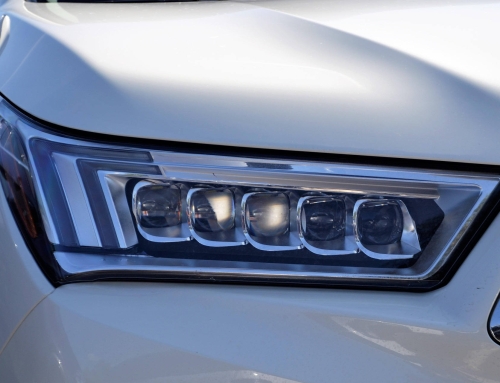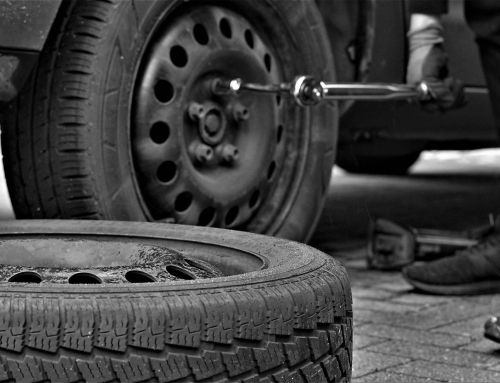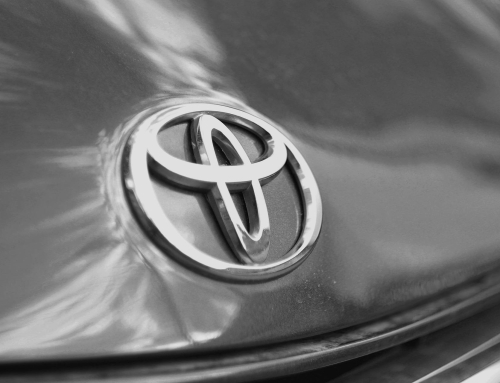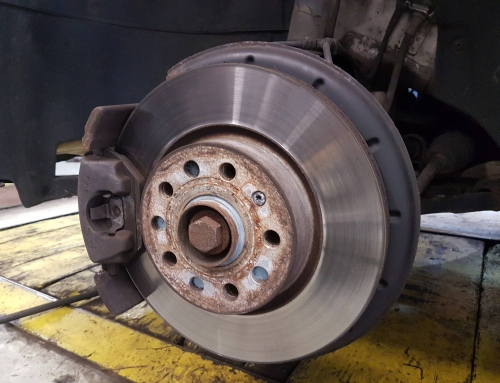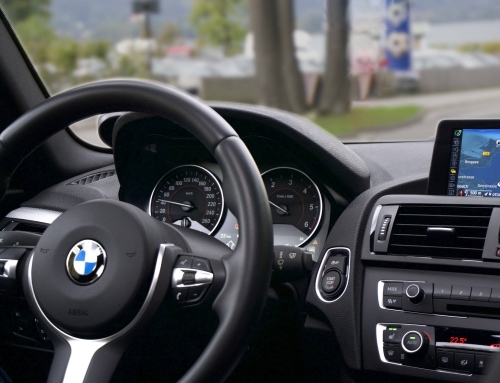Hybrid vehicles have become famous for fuel efficiency and environmentally friendly features. Despite their growing presence on the road, several things still need to be clarified for their maintenance needs. This article aims to dispel some of the most common myths about hybrid car maintenance and provide a clearer picture for current and future hybrid owners.
Contents
- 1 Myth 1: Hybrid Maintenance Is More Expensive Than Regular Cars
- 2 Myth 2: Hybrid Batteries Need Frequent Replacement
- 3 Myth 3: Hybrid Repairs Can Only Be Done by Dealerships
- 4 Myth 4: Hybrid Cars Require Specialized Maintenance
- 5 Myth 5: Hybrid Batteries Are Harmful to the Environment
- 6 Myth 6: Hybrid Vehicles Are More Prone to Breakdowns
- 7 Essential Tips for Hybrid Vehicle Maintenance
- 8 Embracing the Future of Driving
Myth 1: Hybrid Maintenance Is More Expensive Than Regular Cars
Reality: The Long-Term Cost Benefits
While it is true that the upfront cost of a hybrid vehicle might be higher due to its advanced technology, the long-term maintenance costs are often comparable to, or even less than, those of conventional vehicles. One of the primary reasons for this is the regenerative braking system in hybrids, which reduces wear and tear on brake components. Additionally, hybrid engines typically have fewer moving parts, which decreases the likelihood of mechanical failures and reduces the need for costly repairs. Over time, these factors contribute to lower maintenance expenses, making hybrids an economical choice for many drivers.
Myth 2: Hybrid Batteries Need Frequent Replacement
Reality: Designed for Longevity
A common concern among potential hybrid owners is the lifespan of the vehicle’s battery. Contrary to popular belief, hybrid batteries are engineered to last as long as the vehicle. Most manufacturers provide substantial warranties on hybrid batteries, often covering them for 8-10 years or more. Moreover, real-world data shows that many hybrid cars have been on the road for years without requiring battery replacement. The key to ensuring the longevity of a hybrid battery lies in routine maintenance and adopting good driving habits, which can significantly extend its life.
Myth 3: Hybrid Repairs Can Only Be Done by Dealerships
Reality: More Repair Options Than You Think
Many people assume that hybrids require specialized repairs that dealership technicians can only perform. While it’s true that hybrid technology is unique, this does not mean that only dealerships can handle their maintenance. Many independent repair shops and mechanics are well-equipped to service hybrid vehicles. The important thing is to select a technician experienced with hybrid systems. Vehicle owners are not confined to dealership service centers, giving them the freedom to choose a trusted, qualified mechanic who can provide the necessary care at potentially lower costs.
Myth 4: Hybrid Cars Require Specialized Maintenance
Reality: Maintenance Similar to Conventional Cars
Another misconception is that hybrids need a different maintenance schedule than traditional vehicles. Hybrids follow a similar routine, including oil changes, brake inspections, and tire rotations. While additional checks may be specific to the electric motor and battery system, these are generally straightforward and fall within the scope of routine maintenance. Thus, owning a hybrid does not translate to more frequent or complicated service requirements.
Myth 5: Hybrid Batteries Are Harmful to the Environment
Reality: Environmentally Responsible Solutions
Some believe that the batteries in hybrid vehicles are detrimental to the environment, particularly when they need to be replaced. However, hybrid battery design has come a long way, with manufacturers prioritizing sustainability. Most hybrid batteries are made from materials such as nickel and cobalt, which are valuable and can be recycled. Many manufacturers have established robust recycling and disposal programs to ensure that old batteries are processed environmentally, minimizing their impact on the planet.
Myth 6: Hybrid Vehicles Are More Prone to Breakdowns
Reality: Built for Reliability
There’s a misconception that hybrids are more likely to break down due to their complex technology. In truth, hybrid vehicles are subject to rigorous testing and adhere to high manufacturing standards, just like their conventional counterparts. The dual power sources in hybrids provide a layer of redundancy, enhancing their overall reliability. Additionally, technologies like regenerative braking improve efficiency and reduce wear on the braking system, further contributing to the vehicle’s dependability. Regular maintenance and inspections ensure that hybrids remain reliable and efficient over their lifespan.
Essential Tips for Hybrid Vehicle Maintenance
Follow the Manufacturer’s Maintenance Schedule:
Make sure to adhere to the maintenance timetable outlined in the owner’s manual to maintain a hybrid vehicle in its best condition. This includes regular checks and servicing of both the traditional and electric components.
Choose Qualified Technicians:
Selecting a skilled technician from a dealership or an independent repair shop ensures that hybrid maintenance and repairs are done correctly and efficiently.
Monitor Tire Pressure:
Keeping the correct tire pressure for all vehicles, particularly hybrids, is crucial because it directly affects fuel efficiency and overall performance.
Battery Health Checks:
Periodic battery health checks can help identify any potential issues early on. Many modern hybrids have diagnostic tools that allow for easy battery health monitoring.
Regenerative Braking Awareness:
Understanding how regenerative braking works and adjusting driving habits accordingly can help maximize its benefits, extend the life of brake components, and improve overall vehicle efficiency.
Embracing the Future of Driving
By dispelling these myths, it becomes clear that hybrid vehicles are a practical and reliable option and a forward-thinking choice for environmentally conscious drivers. With proper care and regular maintenance, hybrid owners can enjoy a vehicle that offers fuel efficiency and reduced environmental impact. As hybrid technology advances, these cars remain a viable, sustainable choice in the ever-evolving landscape of automotive innovation.


